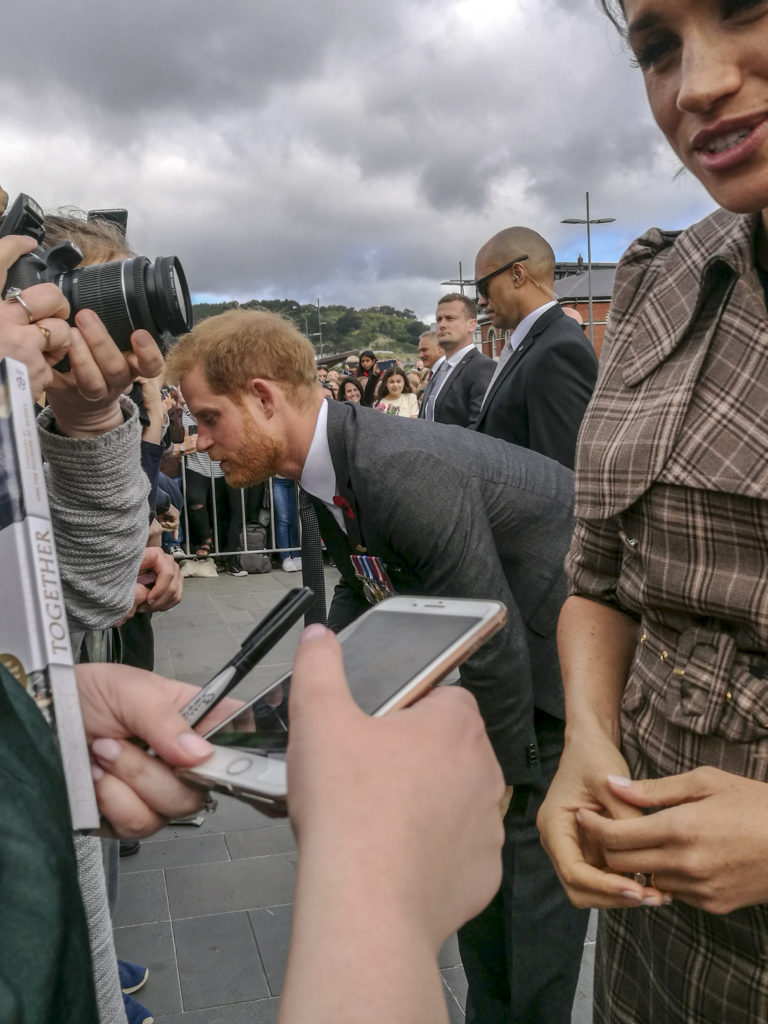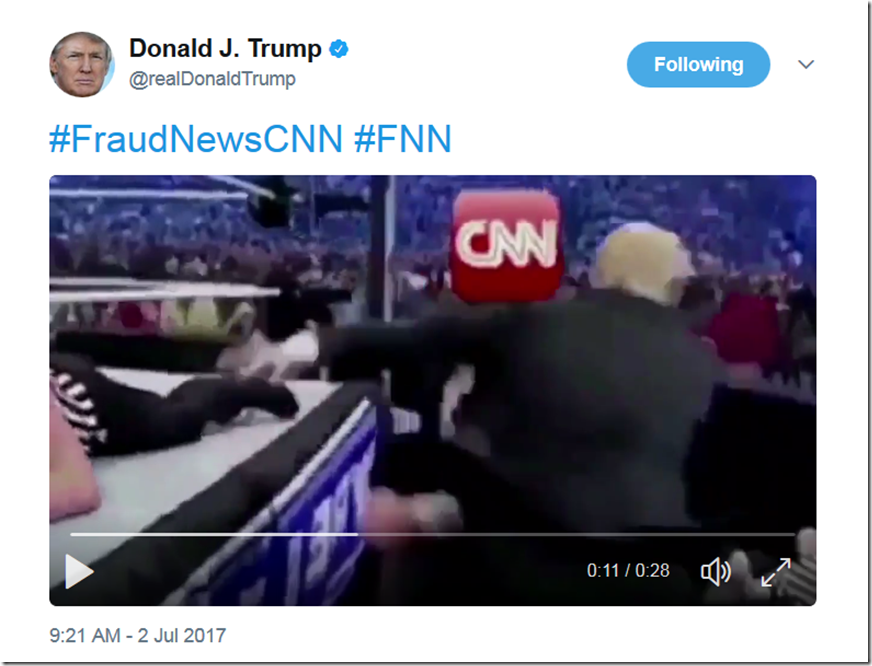Should Reporters Be More Polite?
Editor’s Note: This is a guest post by Amanda Wokurka, MA, a Communications Professor at Missouri Baptist University and Webster University in St. Louis, Missouri. She teaches media law, media interviewing, PR, public speaking and crisis communications. Her email is wokurkaa@mobap.edu.
Brad usually writes about how media spokespersons can do better in media interviews. But today, I’m flipping the equation and looking at three ways interviewers can do better – and that means avoiding the sensationalism that too many of their media colleagues inject into their interviews.
Can Manners Exist in Media Interviews?
We are told when we are children to “always remember our manners” and to “be polite.” However, when we grow up, this seems to be put on the back burner. This is especially true with media interviewing. Many interviewers invite people to be guests on their shows and forget the one simple fact: that they are just that…guests.
Whether on radio or television, interviews seem to lack manners. This is not a childish lost art but very much an application of professional courtesy. Following three simple rules could be the difference between entertainment sensationalism perceived as a YouTube joke and interviewing genius.
1. Don’t Talk Over Each Other: Interruptions are more common in media interviews than anything else. The interviewee agreed to be on your show to plug a new book or discuss his or her views on a policy. Even if a debate ensues, apply the Golden Listening Rule. In other words, listen to others as you would have them listen to you. Let them talk and try to hear what they are really saying. Don’t just wait to talk, but actually listen and frame your next question based upon their answers.
Nothing is more annoying for the viewer at home than to have two people trying to talk over each other and straining for the point of the question. As you’ll see in the interview with Rep. Joe Walsh and CNN’s Ashleigh Banfield (below), the interruptions and combative tone on both sides made the entire ordeal painful.
The bottom line is this: If both the interviewer and interviewee are talking over each other to try to make their point clear, the audience will only see it as noise and not be interested in any of your points.
2. Remember That It’s Not About You: Many times, the interviewer and interviewee will have different agendas. The interviewer may want to trap or ask question pitfalls to try to get a controversial guest to admit something while the interviewee just wants to plug their new book.
If you are the interviewer, use pitfall questions wisely. Try not to get too personal or the interview may appear awkward. Try not to impress the interviewee with your range of intelligence by asking complex questions. Keep the questions simple, open-ended and to the point. Remember your goal. Are you anticipating a “media moment,” or are you trying to gather information? Pitfalls can generate a genuine response from the interviewee but may also create tension – and your guests may not want to answer future questions.
Many interviewers appear arrogant by putting words in the interviewee’s mouth and not letting them choose their own vocabulary when answering a question. If the interviewee feels that a justified response is necessary, they may be hesitant to answer future questions. Begin with simple questions about the present and then ease into controversial topics about the past or future. Do not blindside the interviewee as seen in this Quentin Tarantino interview.
3. Leave Your Bias at the Door: If you have an opinion or a prejudice against each other, leave it at the door. Do not bring it into your interview. Avoid judgmental wording. The quickest way to lose professionalism is to allow negative emotions into an interview. Take a breath and pause.
There is no scientific formula that anyone must follow. The roles of interviewer and interviewee can sometimes switch from moment to moment and all interviews are different. However, the element of consideration is something that should be incorporated into all interviews. Interviewers that display a basic sense of manners will almost always have interviewees who comply more with requests.
Think of your interviewee as a guest at a party. Would you yell at them in front of other people? Would you make them feel awkward and uncomfortable or would you treat them with respect? The same rules apply in an interview.
What do you think? Do you agree with Amanda’s view that interviewers should be more polite to their guests, or do you think it’s occasionally part of a reporter’s job to make guests feel uncomfortable? Please leave your thoughts in the comments section below.



I agree with assessment to leave your “bias at the door.” I’ve gone with clients for interviews that I thought would be hard-hitting and hostile, and the journalist ends up being my new best friend. I think mutual respect and the willingness to “agree to disagree” plays a big role too.